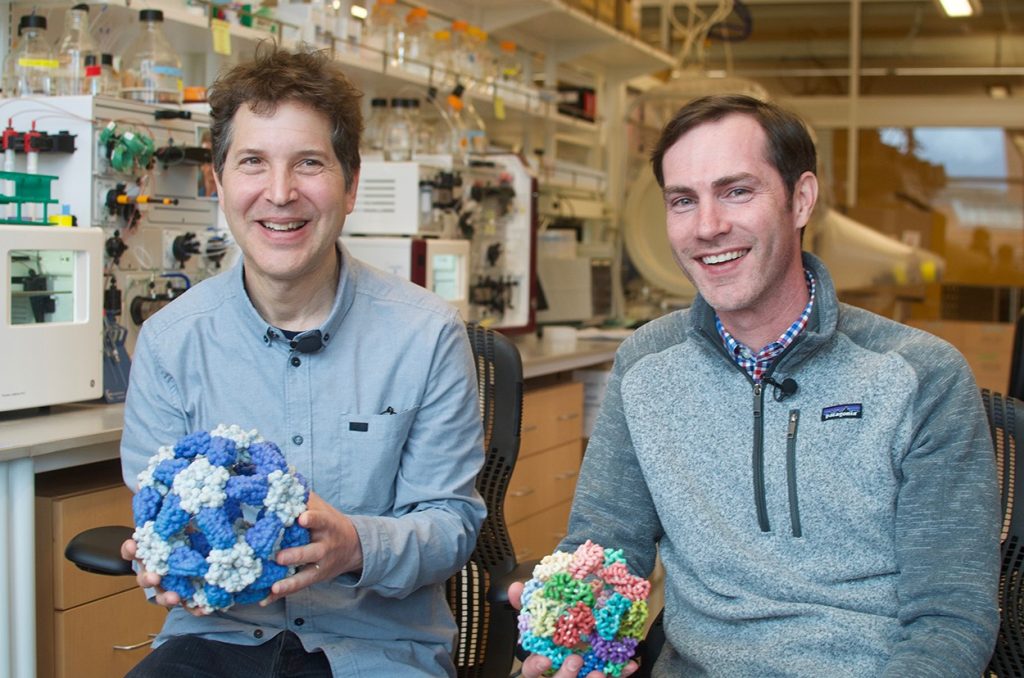The University of Washington’s Institute for Protein Design is experiencing a period of significant growth and success, with new studies, companies, and spinouts emerging at a rapid pace thanks to advances in artificial intelligence. David Baker, the head of IPD, recently co-founded Xaira Therapeutics, a San Francisco-based startup, with backing from investors including Arch Venture Partners and Foresite Capital. The institute’s latest protein structure prediction and design tool, RoseTTAFold All-Atom, was featured on the cover of the journal Science, highlighting the impact of AI-powered protein design in creating new therapeutics, vaccines, biosensors, materials, and more.
In 2021, the pace of IPD research accelerated with the release of RoseTTAFold, an open-access rival to DeepMind’s AlphaFold, both of which won Science Magazine’s Breakthrough of the Year award. The institute has since released numerous studies and open-access tools used to design proteins of various sizes and shapes, from nanopores to antibodies. Xaira, the new startup co-founded by Baker, is utilizing IPD’s generative AI tools like RFdiffusion and RFantibody to leverage machine learning and data generation in developing new therapies. The company, which has offices in Seattle, aims to combine these tools to fuel new models and create innovative therapies.
Key studies released by IPD in the last year have led to the creation of new startups and a variety of proteins with different shapes and capabilities. These studies include the development of RFantibody for antibody design, tools for simplifying biomaterial construction, hydrogels for protein scaffolding, and the design of proteins that efficiently bind to biomarkers. Additionally, studies on generating carbon-rich minerals, designing protein crystals, creating protein fibers, and developing switch-like proteins with multiple shapes have all contributed to the growth of AI-powered protein design technology.
Overall, the recent research from IPD demonstrates the institute’s commitment to advancing the field of protein design through innovative AI tools and methods. These studies build on earlier research from 2022 and 2023, which focused on custom enzyme design, proteins that can pass through cell membranes, and the application of reinforcement learning in molecule design. The continuous success and advancement of IPD research highlight the potential of AI-powered protein design in revolutionizing the creation of new therapies, materials, and biotechnologies.


